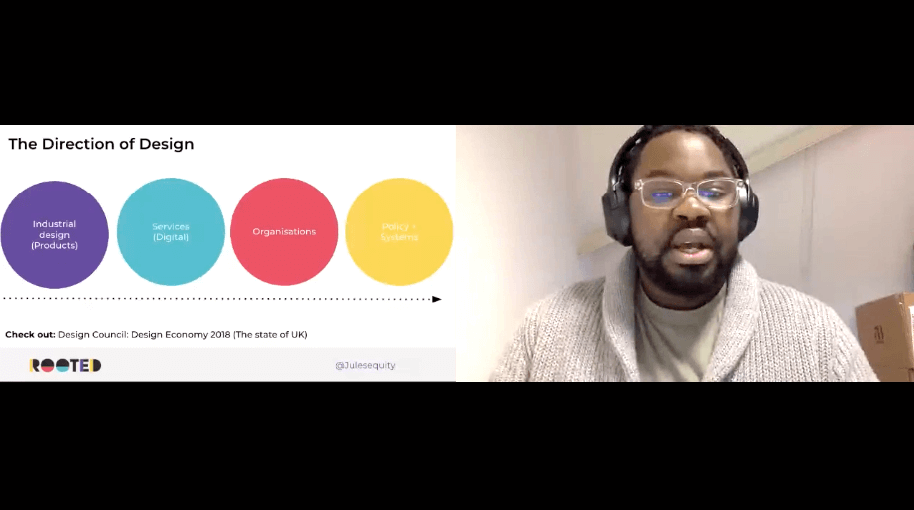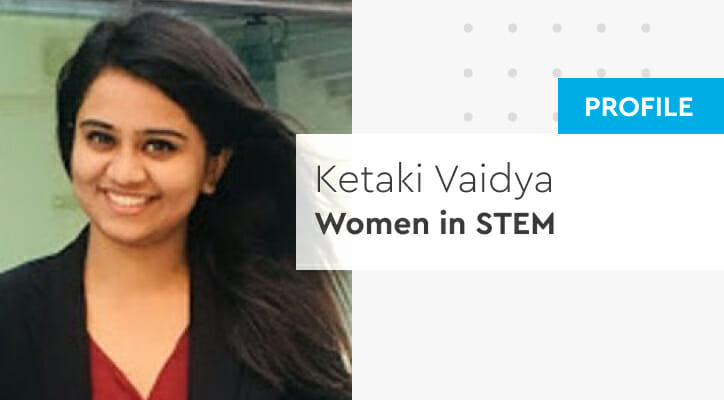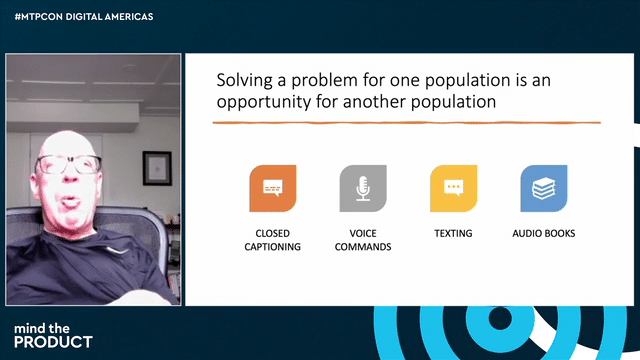At Turing Fest this year, we caught up with keynote speaker Meri Williams, CTO at expense management software company Pleo, to discuss career shifts, imposter syndrome, and leading technical teams.
Can you tell us a bit about your professional background?
I'm originally from South Africa and studied computer science in the UK. I ended up staying here after graduation, spending 10 years at Procter & Gamble before moving on to the Government Digital Service. There, I helped scale the team that built GOV.UK. My career then led me to various CTO roles—at MOO, Marks & Spencer, Monzo, and Healx—before landing my current role as CTO at Pleo. This is my fifth CTO role, and I've learned a lot along the way, particularly in scaling teams and fostering a culture of inclusion.
You've held multiple CTO roles. What are some of the biggest lessons you've learned in these positions?
Most of my roles have involved scaling teams from 50 or 75 people to a few hundred. A key lesson is the importance of consistent communication. Engineers, if left in the dark, tend to fill in the gaps with their own theories.
Creating the right environment for success is also crucial. Dan Pink's book Drive talks about purpose, autonomy, and mastery, but I believe there's a fourth element—inclusion. I focus on building teams where purpose, autonomy, mastery, and inclusion are prioritised. I’m also passionate about making teams diverse and inclusive, using a framework that asks: Am I expected here? Am I respected here? Can I be myself and succeed here?
How do you balance hiring for the best fit versus hiring for diversity?
There's a bias in assuming that diverse candidates are less competent, which is simply not true. I grew up in apartheid South Africa, so I’ve seen first-hand the harmful effects of judging people by their appearance. Diverse individuals often have to work twice as hard to be seen as equally competent, so if they meet the bar, they often exceed it. I prefer to hire for cultural addition rather than cultural fit, asking how someone can add to our culture rather than just blend in. If you become a place where diverse individuals can thrive, I’ve found that you gain a significant competitive advantage.
Imposter syndrome is a common issue, especially for those in underrepresented groups. What advice would you give to those who have it?
I joke that the future is here, just not evenly distributed. Role models exist, but they might not be everywhere. I encourage people to keep searching until they find a place where leadership reflects some level of diversity. Being the first or only person who is different in an organisation is incredibly taxing because you're not just doing your job, you're also proving that diversity is valuable. It's better to find an environment where you can thrive rather than settling and trying to change it.
Speaking from personal experience, when I joined the AI drug company, Healx, the whole experience was daunting to me. I didn’t have a PhD, and my background was different from my team's, but I believed in my ability to learn. I've delved into various industries before and picked up the necessary skills, so I relied on my capacity to learn rather than my confidence. It was a challenge, but I’d done it before, and that’s what helped me push through.
How has your experience been at Pleo so far in leading the technology team?
It’s been good. Fintech is a familiar space for me, which helps. What’s different at Pleo is that it’s not a scaling game. The team size has remained consistent over the past 18 months, which is new for me. Instead of scaling the team, we’ve focused on doubling our output. We’ve improved our ways of working, invested in training, and moved to an API-first architecture. We've seen this huge improvement in how much work we're getting done by improving the ways of working and investing in the people, and it's actually really nice to be able to invest in everybody and see the fruits of that labour.
How has the team structure enabled Pleo to maintain the team size whilst doubling the work output?
We’re organised into multidisciplinary domains, which makes collaboration more seamless. For example, our Chief Revenue Officer oversees 50 engineers alongside the sales team. This setup fosters better communication, but it also means our Chief Product Officer, Mette Gade, has to work across multiple areas to ensure the end-to-end coherent customer experience, she’s fantastic at that, so it works well.
How technical should product managers aim to be?
While it’s not necessary for product managers to be technical, it can be helpful. There are certain roles, especially those focused on back-end or platform work, where a technical background is beneficial. However, the craft of product management is vast, and there’s already so much to learn. It’s about finding the right fit for the team and the role.
For those looking to switch careers between engineering and product management, what advice would you give?
Both transitions come with challenges. Engineers moving to product management need to focus on developing product craft and avoid the temptation to keep doing technical work. Product managers transitioning to engineering need to build their technical depth to avoid hitting a ceiling. In both cases, leveraging transferable skills is key, but it’s important to fully commit to learning the new role.
When hiring, what do you look for in candidates, beyond the usual qualifications?
The most important trait is an aptitude for learning—a growth mindset. This is hard to assess in an interview, so I rely on references to gauge a candidate’s ability to learn and adapt. If someone is willing to be bad at something for a while and eventually get better, they can overcome anything.
What’s next for Pleo, and what challenges are you facing in the current market?
We’re affected by the current economic environment. Customers are tightening their budgets, so they’re looking for more control features. Despite these challenges, we’re growing well and moving towards profitability. We’re also increasingly serving larger businesses and have added features to cater to the mid-market. Our main focus now is doing more with the team we have as we aim for profitability.







Comments
Join the community
Sign up for free to share your thoughts